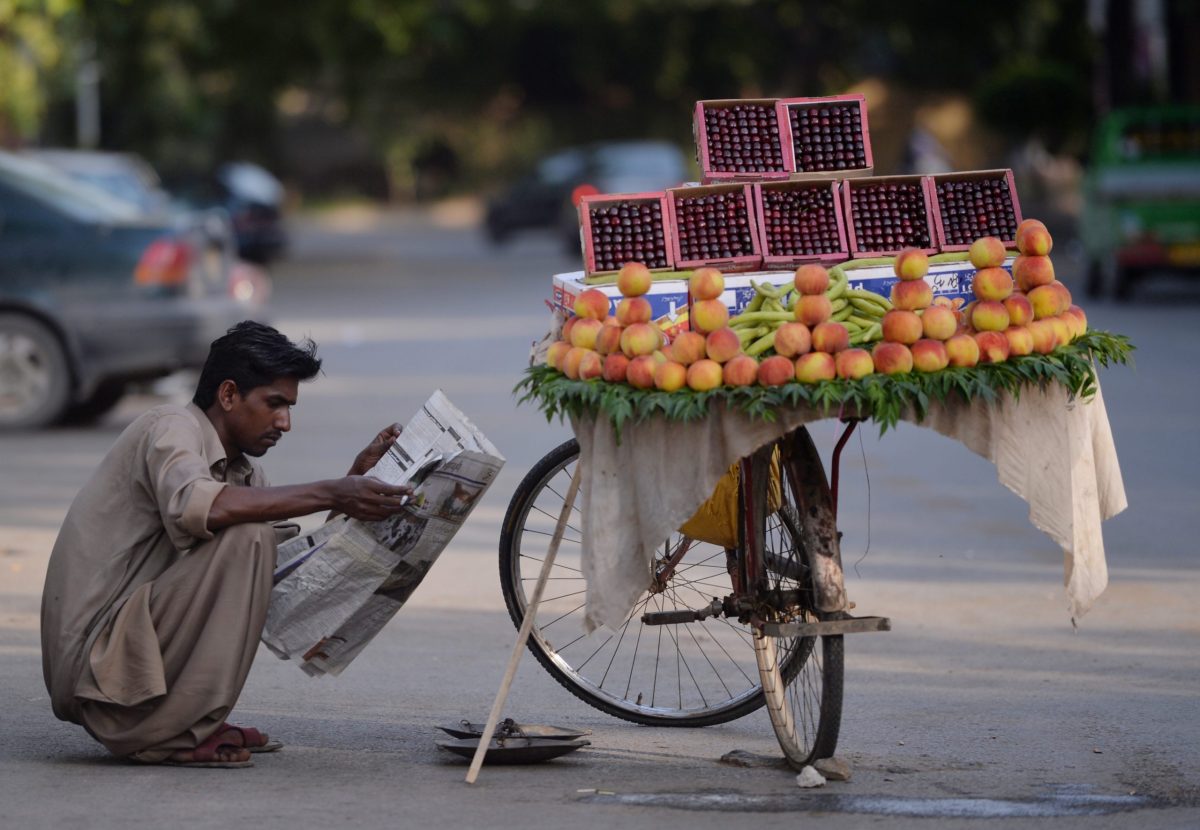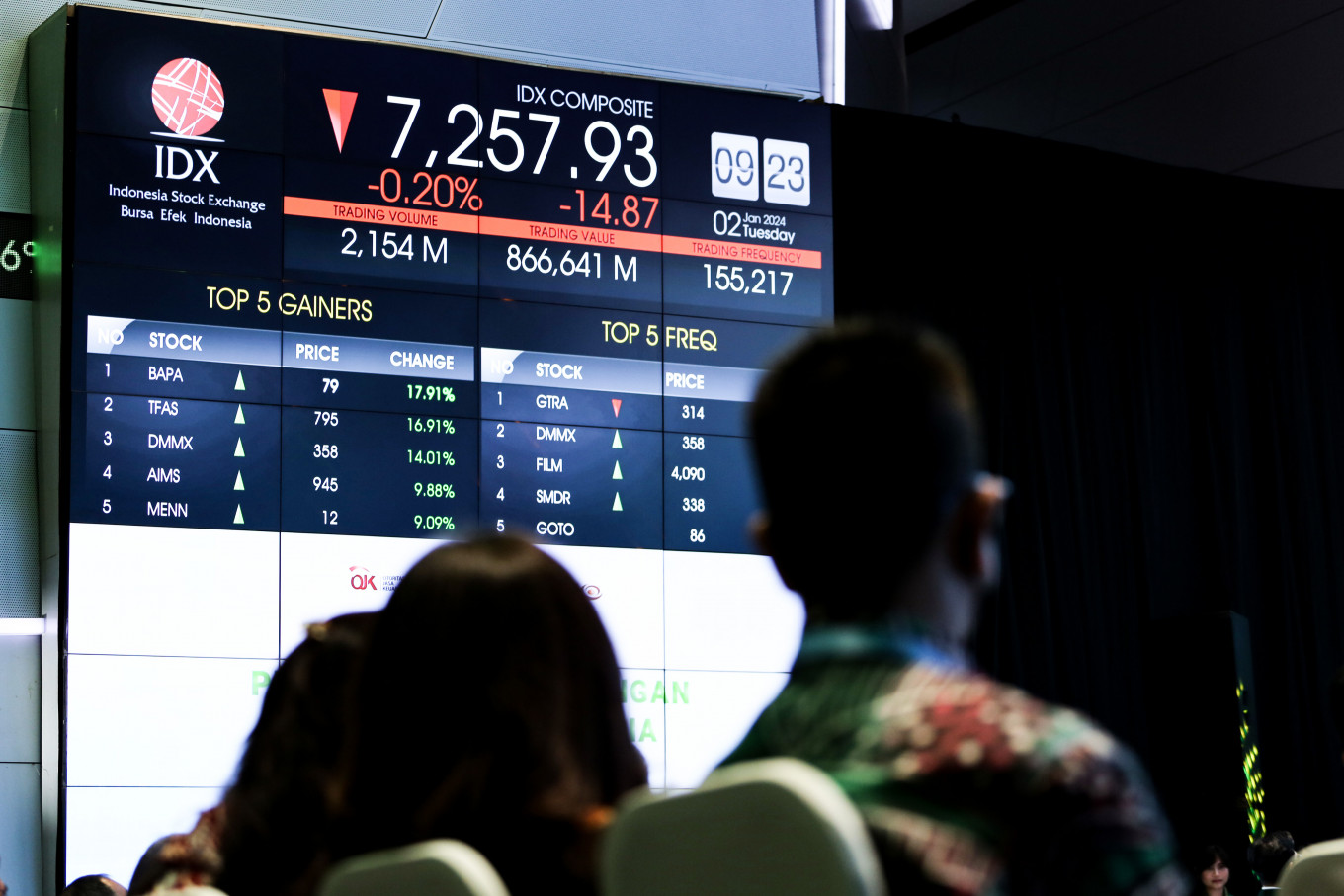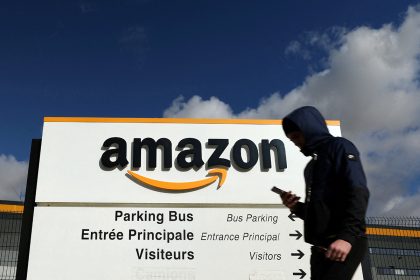For years, if not centuries, people have tried to remain undetected by government in order to avoid paying taxes or simply not to attract attention to the illegal activities they were involved in. As a result, a so-called shadow economy was formed that, on average, represents around 15-20% of gross domestic product in advanced economies and around 30-35% of GDP in emerging economies.
Many mistakenly believe that it mainly consists of trafficking, cash-in-hand unrecorded deals, prostitution, smuggling, and illegal drugs. In reality, all economic activities that are hidden from official authorities for monetary, regulatory, or institutional reasons form part of the “hidden economy.” Thus if your neighbor cuts your hair for money and you do not report it, this can be considered part of the black economy.
In the context of a global financial crisis, the question should be asked, does the shadow economy suffer equally as the legal economy?
Street vendors
Obviously during the quarantines imposed during the Covid-19 pandemic, it was impossible for street vendors to work, as they would risk being fined if the police saw them. All the stimulus packages approved by governments went to private companies to encourage them to retain employees during the pandemic crisis.
But most denizens of the shadow economy didn’t benefit from this. Greece, for example, has offered the self-employed €800 (US$940) a month as long as the crisis lasts, provided they pay taxes, but this leaves hundreds of thousands without financial help.
Sex workers
Sex workers had to choose between plying their trade and risking contracting the coronavirus that causes Covid-19 and searching for new ways to earn an income. Lockdown has forced sex workers either to have no money or to break the rules, thus adding risk to something that is already dangerous.
With the reopening of brothels, sex workers are basically forced to back to work as state support is cut. “It’s madness, you cannot touch your friends but you can climb into bed with a wild stranger,” a Belgian prostitute told Politico.
At the same time, hygiene rules such as an obligation to keep all clients’ contact details in a sealed envelope for four weeks for tracking and tracing purposes; that services should not exceed 15 minutes per customer; and only one customer at a time could have a negative effect on the business, if these rules are actually respected.
Agriculture and food supply sector
Many informal workers in the agriculture and food-supply sector lost their jobs because of the Covid-19 pandemic. According to the Food and Agriculture Organization of the United Nations, the closure of markets and schools led to the loss of selling and buying opportunities and decreased the demand for agricultural products, thus reducing the demand for agricultural labor.
Other people such as hairdressers, real-estate agents and handymen who were able to find some work on the side because they had the contacts and had access to equipment survived this crisis.
Drug traffickers
In the case of traffickers, some drug supply chains have been disrupted, forcing them to search for alternative routes. With restrictions on air travel, synthetic drugs, such as methamphetamine, apparently suffered a particularly drastic effect.
Overall, because of the pandemic, drug traffickers mostly used sea routes.
- On February 25, a commercial vessel was seized by Colombian and Dutch authorities in a joint operation in international waters off Aruba for carrying approximately 5 tons of cocaine.
- On April 28, the offshore supply ship Karar was intercepted by Spanish law enforcement near the Canary Islands carrying 4 tons of cocaine, loaded somewhere in the Caribbean.
- On May 2, the Port of Hamburg police found 500 kilograms of cocaine hidden in the cargo area.
- On May 14, a US Navy maritime patrol aircraft seized an estimated 1360kg of cocaine in the eastern Pacific Ocean.
- At the beginning of June, the Malaysian Maritime Enforcement Agency seized drugs worth 2.67 million ringgit ($644,000) from a boat off Parit Samsu, Muar.
The packaging of huge loads of drugs into fewer container ships suggests that drug lords were ready to take higher risks to deliver their wares. According to Bob Van Den Berghe, a senior law-enforcement officer at the United Nations Office on Drugs and Crime (UNODC), “Based on seizures of bigger-than-usual shipments of cocaine, it would be fair to say that Europe was flooded with cocaine ahead of lockdowns.”
At least they were creative enough to take advantage of the fact that Europe continued to import fruit, vegetables, and other foodstuffs from South America. The 5-ton cocaine cargo seized in Antwerp was concealed in a refrigerator container carrying squid from Latin America. However, drug shortages have triggered an increase in the use of pharmaceuticals such as benzodiazepines.
Dark Web
Finally, Dark Web Marketplaces (DWMs) have gained significant traffic during the Covid-19 pandemic. There was an increase in the sales of false medicines and diagnostic tests for the disease. It is also expected that initial delays in the availability of a cure and/or vaccine will dramatically increase public interest in the online shadow economy, posing concrete risks to public health.
In conclusion, the shadow economy has also suffered during the Covid-19 pandemic, but those people who were able to find alternative forms of work under lockdown managed to survive. As for everyone else, thousands if not millions of people lost their earnings, and who knows when things will get back to normal.
One of the concerns is that such money problems could spill over into unrest and protests. In this context, criminals and gangs might take advantage of the situation and recruit new members in exchange for financial assistance.













